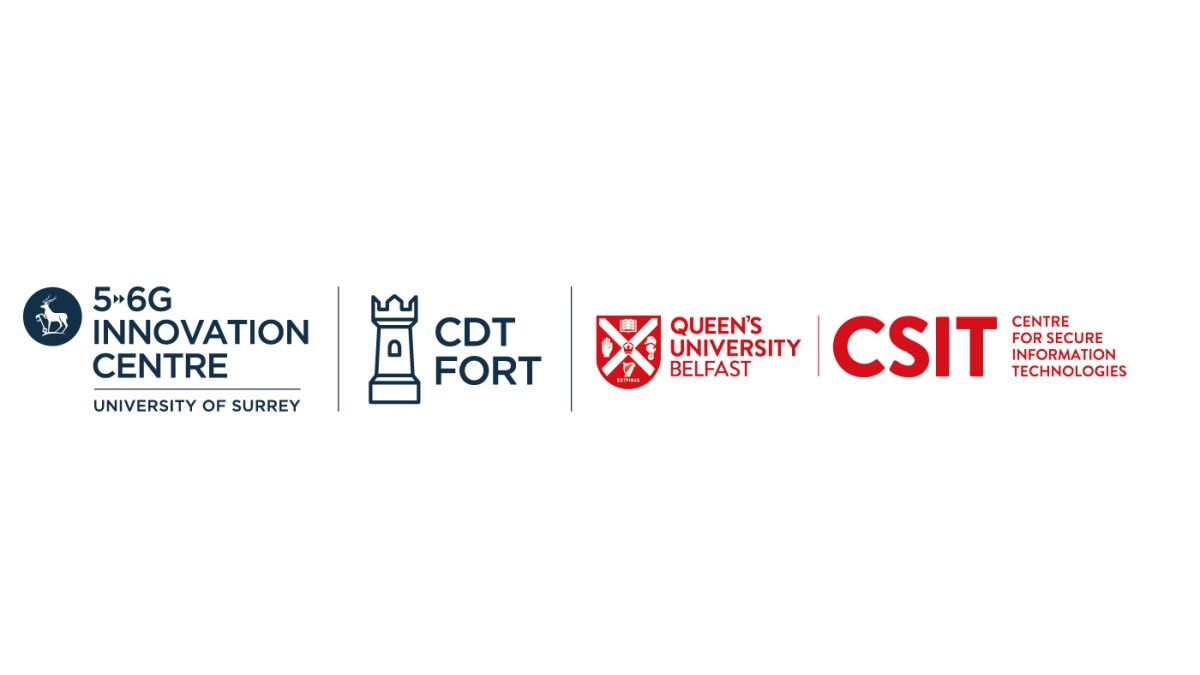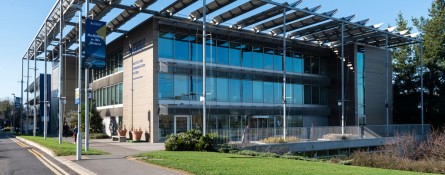
EPSRC Centre for Doctoral Training in Future Open SecuRe NeTworks (FORT)
The future open, secure and resilient communications (FORT) centre for doctoral training (CDT) is a community of postgraduate researchers who will become industry-conscious thinkers and leaders. The unique offering they hold includes a range of expertise that encompasses wireless communications, cybersecurity, networking and artificial intelligence (AI).
Connect with us
Aims
Future communication networks including 5G, 6G and beyond are underpinning critical infrastructure used in numerous sectors of society as they go through digital transformation. We are moving to a world where we have a Network of Networks (NoNs) whereby they integrate space and terrestrial networks, communication and sensing systems. These require inclusion of position, timing and navigation while also complex NONs demand the need for artificial intelligence (AI) and machine learning solutions.
Obtaining all of these essential skills in one place is not possible through traditional research degrees or taught masters courses. Therefore the CDT aims to equip graduates with multi-disciplinary skills required for future NoNs. These training skills are needed by both industry and academia to carry out advance research, global standards, network deployment and safe/reliable automatic network operation and future services. Researchers in this CDT will have the opportunity to advance work in exciting and emerging areas of wireless communications and cyber security together with other researchers within the CDT that is a joint centre with Queens University Belfast (QUB) and the University of Surrey.

Themes
The first year of your programme would include multidisciplinary learning along with a group project focusing on one of the following themes (noting which institution are the host) that would lead into the rest of your research programme:
- Space/terrestrial Comms and Security (Surrey)
- Trustworthy AI for Secure Future Open Networks (QUB and Surrey)
- Secure and Trustworthy Hardware (QUB)
- AI-assisted Physical Layer Security (Surrey)
The PhD experience
Graduates from this CDT will have full awareness of, and be capable of deciphering, the complex challenges involved in delivering future open, secure and resilient communications systems and leading innovations to address those challenges, ensuring that future open networks are also secure by design.
Our programme goes beyond the traditional PhD to meet the evolving demands of today's knowledge-based economy. Here's how:
- Industry-conscious leadership: We aim to cultivate industry-aware leaders equipped with the skills for tomorrow's challenges.
- Comprehensive skill development: Gain leadership, management, and enterprise skills to excel in any professional setting.
- Responsible innovation: Learn to conduct research that's not only cutting-edge but also ethical and impactful.
Prepare to emerge as a forward-thinking leader ready to innovate and inspire in the global technology landscape.
How to apply
Applications should be submitted via the Open Secure Communication Networks PhD programme page.
In place of a research proposal, you should upload a one-page document stating the theme(s) you are applying for (e.g. Space/Terrestrial Comms and Security) and a brief outline of your understanding of the theme. See guidance notes (PDF) for more details.
You must also upload your full CV and any transcripts and certificates of previous academic qualifications. Two referees and English Language certificates (if required) must also be provided. You should enter ‘CDT FORT Studentship’ under the ‘Please provide details of your funding’ sections of your application.
Industry partners












Funder

